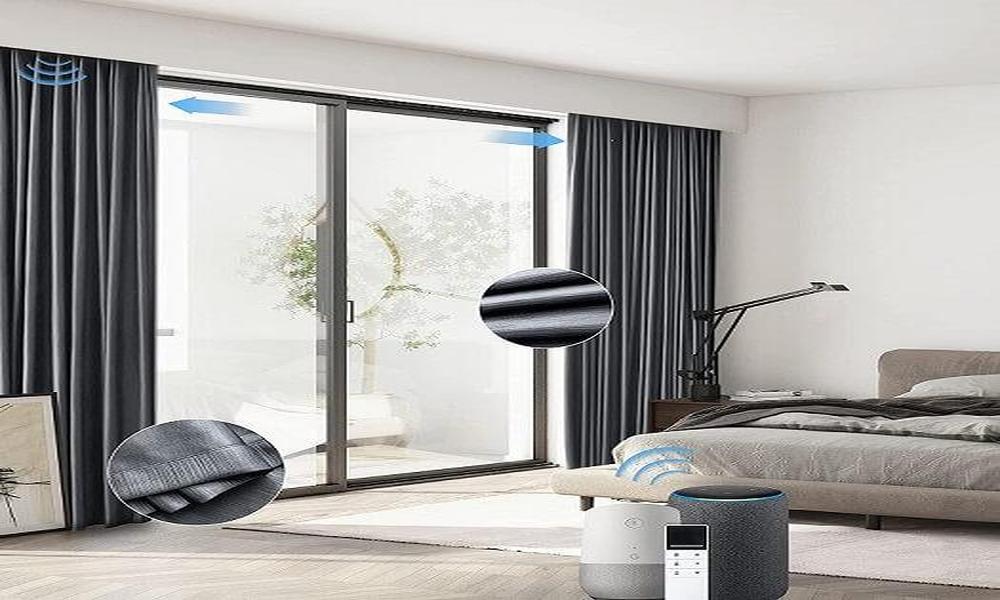Online Forums: Platforms like Reddit, Stack Exchange, and specialized forums related to home automation or smart home projects often have dedicated sections where users share their experiences, DIY solutions, and free resources.
GitHub: Developers and hobbyists frequently publish their open-source projects related to home automation, including smart curtains, on GitHub. You can search for repositories with code and documentation to build your system.
YouTube: Many tech enthusiasts and creators share tutorials and how-to videos on YouTube. You can find step-by-step guides on building smart curtain systems using various components and technologies.
Instructables: This website hosts a wide range of DIY projects, including smart home automation. You may find detailed guides on creating smart curtains with the necessary materials and software.
Manufacturer’s Websites: If specific smart curtain products exist, the manufacturers may provide free resources such as user manuals, guides, and software for their devices.
Smart Home Community Groups: Look for communities and groups on platforms like Facebook or Reddit that focus on smart homes and home automation. Members often share their knowledge and resources freely.
You Will Thank Us -Tips About SMART CURTAINS You Need To Know
Compatibility and Integration: Before purchasing smart curtains, ensure they are compatible with your existing home automation system or smart home hub. Integration with platforms like Google Home, Amazon Alexa, or Apple HomeKit allows you to control the curtains using voice commands.
Remote Control and Mobile Apps: Smart curtains often come with dedicated mobile apps that enable remote control from your smartphone or tablet. Make sure the app is user-friendly and reliable for a smooth experience.
Automated Scheduling: Take advantage of the scheduling feature to automate when your curtains open and close. You can set specific times for opening in the morning to let natural light in or closing in the evening for added privacy.
Sunlight and Temperature Sensors: Some advanced smart curtains can be integrated with sunlight and temperature sensors. They can automatically adjust based on the amount of sunlight entering the room or the temperature, helping you maintain an optimal environment.
Manual Override: Ensure that your smart curtains have a manual override option in case of power outages or connectivity issues. This feature allows you to open or close the curtains manually when necessary.
Why do some Hate SMART CURTAINS
Reliability and Dependence on Technology: Traditional curtains are manually operated and do not rely on any technology. Smart curtains, on the other hand, are dependent on electronic components and connectivity. If there are technical malfunctions, power outages, or connectivity issues, the curtains might not work as intended, leading to frustration for some users.
Lack of Need: For some individuals, traditional curtains serve their purpose perfectly well, and they may not see any significant benefits in upgrading to smart curtains. If they don’t feel the need for remote control or automation, they might perceive smart curtains as unnecessary and a waste of resources.
Data Security: Connected smart home devices often collect data about users’ habits and preferences, which can be used for targeted advertising or other purposes. Some individuals may be skeptical about sharing this data with manufacturers or third-party companies.
Compatibility and Integration: Smart home devices may not always integrate seamlessly with existing smart home ecosystems or other devices, causing frustration and limiting their usefulness.


